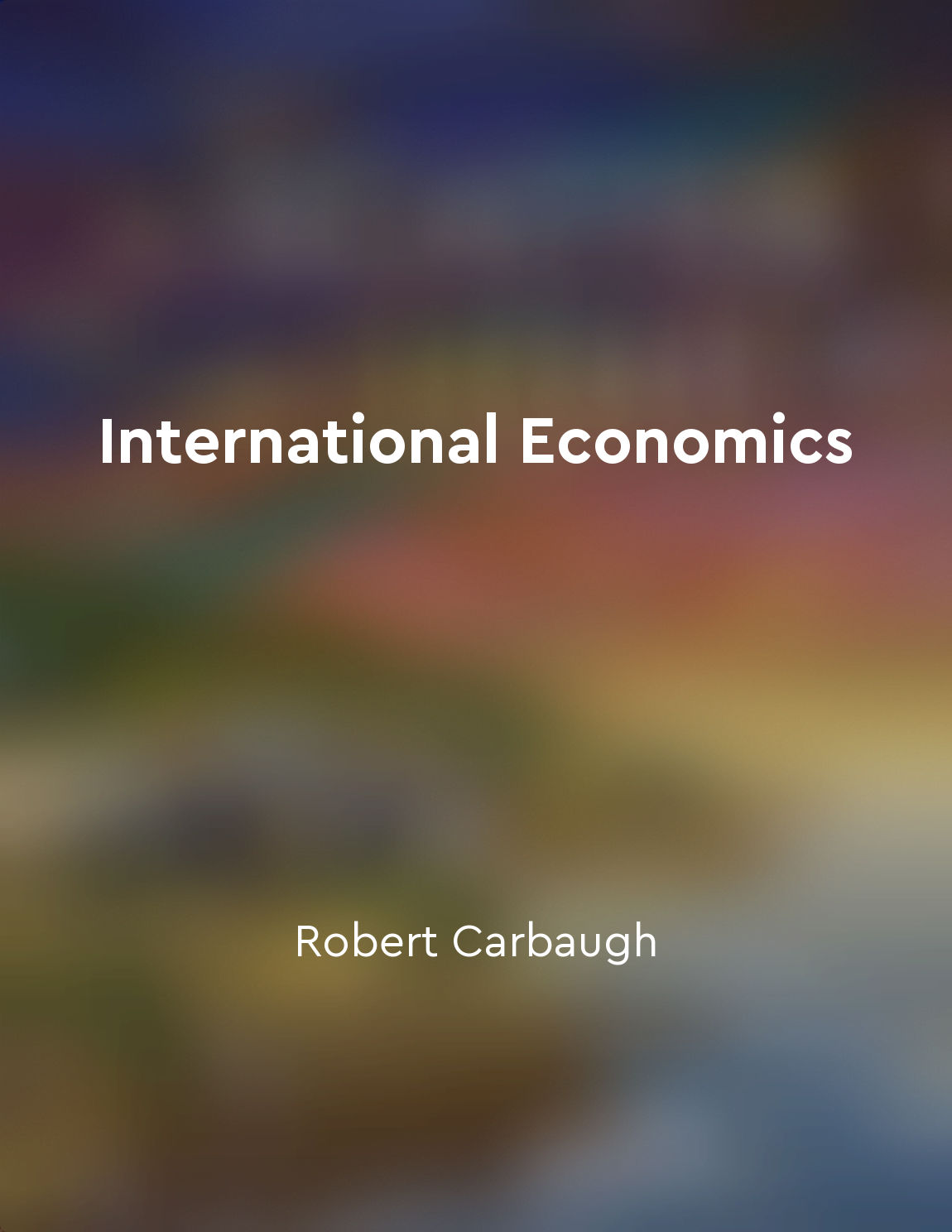Cartels restrict consumer choices from "summary" of The Antitrust Paradox by Robert Bork
Cartels, by their very nature, seek to limit competition in order to increase their profits. One of the ways they accomplish this is by restricting consumer choices. When companies collude to fix prices or allocate markets, they effectively eliminate the competitive forces that drive innovation and lower prices. As a result, consumers are left with fewer options and are forced to pay higher prices for goods and services. By restricting consumer choices, cartels also stifle innovation and impede economic growth. When companies are not incentivized to compete on price or quality, there is little motivation for them to invest in research and development. This ultimately leads to a lack of new products and services in the marketplace, limiting consumers' ability to find products that best suit their needs. Furthermore, cartels can have ...Similar Posts
Economic systems shape social structures
Karl Polanyi argues that economic systems play a pivotal role in shaping social structures within societies. According to Polan...
Externalities create market failures
Externalities are a common feature of economic transactions. When two parties engage in a transaction, the effects of that tran...
Regulation threatens innovation
The argument that regulation threatens innovation is a common refrain in debates over technology policy. The fear is that the h...
Public goods are nonexcludable and non-rivalrous
Public goods are goods that are nonexcludable and non-rivalrous. Nonexcludable means that it is impossible to exclude anyone fr...

Social Security reform is necessary
One of the key issues facing our society today is the need for reform of the Social Security system. The current system is unsu...

Industrial policy can promote economic diversification
The promotion of economic diversification is a central objective of industrial policy. By actively shaping the structure of the...

Tariffs are used to protect domestic industries
Tariffs serve as a means of shielding domestic industries from foreign competition. By imposing a tax on imported goods, govern...

Property rights are crucial for economic growth
Property rights play a fundamental role in the functioning of a market economy. They provide individuals with the incentives ne...

